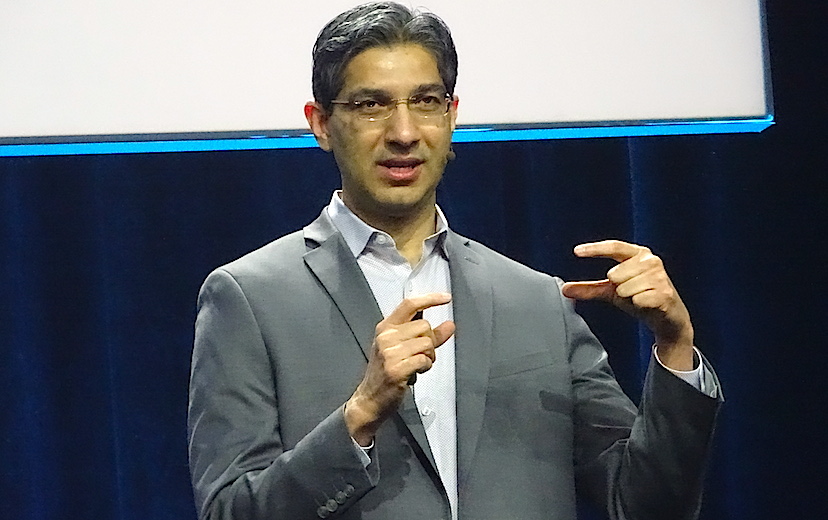 INFRA
INFRA
 INFRA
INFRA
 INFRA
INFRA
Microsoft Corp. today announced more details of a new project called Denali, a new specification for managing solid-state flash memory storage drives in the cloud.
At the Open Compute Project Summit in San Jose, California today, the company also discussed Project Cerberus, which provides an additional security layer for data center services. Microsoft is one of the leading contributors to the Open Compute Project, which was originally started by Facebook Inc. and aims to accelerate data center innovation through open-source hardware specifications.
Project Denali’s aim is quite simple: It wants to make solid-state drives more useful in cloud data centers. “Storage paradigms have performed well on-premises, but they haven’t resulted in innovation for increasing performance and cost efficiencies needed for cloud-based models,” Kushagra Vaid (pictured), general manager of Azure Hardware Infrastructure at Microsoft, said in a blog post.
Denali is trying to optimize flash storage for cloud workloads by standardizing the interfaces of SSD firmware, or software embedded in chips, in such a way that it breaks up the functions for software-defined data layout and media management into discrete units, Vaid said.
It works by splitting the components of SSDs into two separate modules, he explained: “Media management, error correction, mapping of bad blocks and other functionality specific to the flash generation stays on the device while the host receives random writes, transmits streams of sequential writes, maintains the address map and performs garbage collection.”
Microsoft reckons this new approach will reduce the cost of SSD deployment. In addition it also allows for the accelerated development of hardware and software for data center applications, the company said. Denali also supports field-programmable gate arrays, which are integrated circuits that can be programmed or reprogrammed on the fly to suit specific tasks, including machine learning and other artificial intelligence workloads.
Microsoft said it has already partnered with a company called Cnex Labs to build a prototype Denali SSD. The company intends to put the final touches on the new spec before making it available to the OCP community later this year.
Also at the OCP Summit, Microsoft talked more about its Project Cerberus, which is a new standard for platform security. Essentially, Cerberus is meant to establish a root of trust in itself for each hardware device that connects to a platform, to protect against unauthorized devices that might also try to establish a connection.
Microsoft said it’s on the verge of contributing this specification to the OCP community, a move it hopes will lead to greater adoption and collaboration.
THANK YOU